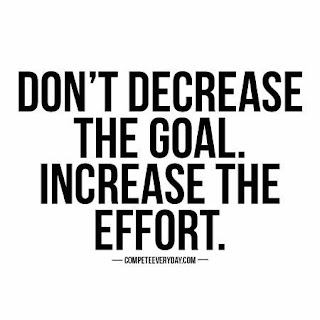Everyone has problems. I’ve never met someone who has a perfect life. Wait, I have to put that differently.
I actually meet people who pretend they have a perfect life all the time. You know, you meet someone and ask, “how are you?”
And they start a monolog about perfect life their life is, and how great everything is going for them — and often, they’re just full of shit.
No, real people have problems. So, what’s your problem?
- Stuck in a bad relationship?
- Dealing with depression?
- Do you always lie?
- Can’t finish anything?
- Addicted to substances? Or gaming, porn, dating, etc?
- Can’t stop complaining?
- Hate the world and everyone in it?
- Didn’t speak to your parents for years?
- Can’t stop procrastinating?
I’m a person who genuinely cares about others. So when I meet people, I take the time to get to know them. And over the last decade, I’ve met people from all over the world. And especially in the last year when I started blogging, I connected with more than one thousand people online.
Want to hear a secret? Everyone has issues. For example, I suck at relationships. I’m very impatient. And I often don’t give people second chances. I’m not perfect. I have to change those things.
But most people will never do something about their problems. And you know what happens when you don’t solve your problems?
THEY WILL NEVER GO AWAY.
One of my friends recently got out of a bad relationship. She told me that she always complained about her boyfriend to her friends but never did anything about it.
She woke up miserable. She went to bed miserable. And everything in between was no better.
It took her years to deal with her problems. She was afraid to be alone.
Did it get any easier by waiting? Nope. You just have to deal with it. And now is better than later.
If you have a problem in your life, it doesn’t mean that the world will end. What do you think? Just because you have a problem, the world will stop spinning? I’ll make a bet with you. No matter how big your problem is, we’ll all still be here tomorrow.
The only thing you can do is deal with your problems. You have to MAKE your problems go away.
What’s the use of complaining or crying about something? Do you want sympathy? That doesn’t change anything. Your problem will still be there, waiting for you when you’re done complaining.
“Yeah, but I…”
But, what? There’s always a but.
Look, I’m not saying that it’s easy. If you want to make your problems go away, you have to do something different. You have to try a different way. Change your mindset. Shift your thinking.
Otherwise, you always think you’re helpless. Because if you already knew how to solve your problems, you probably already did. But the truth is that you didn’t. So it starts with admitting that you have a problem that you can’t solve.
Difficult, isn’t it? But it doesn’t mean you can NEVER solve your problems. It just requires some extra effort.
I like what Albert Einstein said about solving our problems:
“We cannot solve our problems with the same thinking we used when we created them.”
If you have a problem, do something, because something is better than nothing. And yet, most people do nothing. Don’t be “most people.” Be bigger than that.
Because that’s what’s required of you: Be bigger than your problem.







